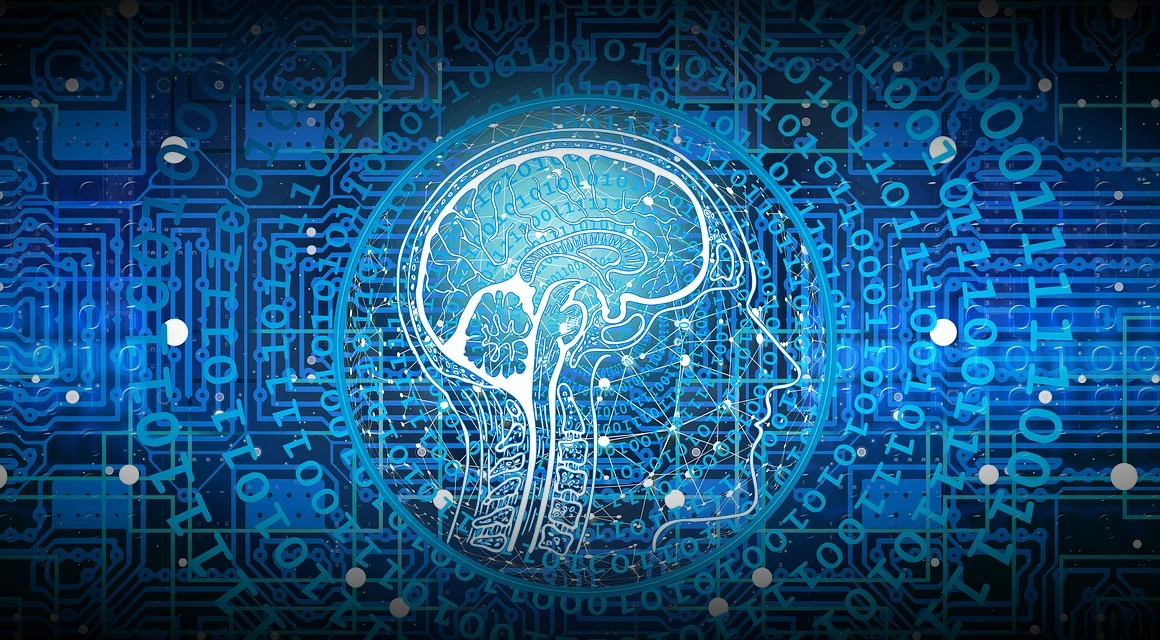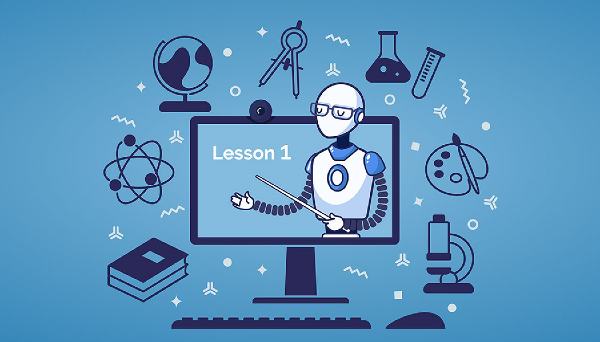Artificial Intelligence (AI) is already reshaping the landscape of industries worldwide, and its impact on the future of work is undeniable. From automation of routine tasks to more advanced applications such as AI-driven decision-making, AI is poised to redefine how businesses operate, how employees interact with technology, and the very nature of work itself. But what does this transformation look like, and how will it affect workers across the globe in the coming years?
In this article, we’ll explore how AI will transform the future of work, its implications for various industries, and how professionals can prepare for the changes that lie ahead.
1. Automation of Repetitive Tasks
One of the most prominent ways AI will transform the future of work is through automation. Many tasks that are repetitive, time-consuming, and often require little creativity are prime candidates for automation. These tasks can be easily handled by AI systems, allowing workers to focus on higher-level, more strategic activities.
In industries such as manufacturing, logistics, and customer service, AI-powered robots and software are already being used to perform routine jobs. For example, chatbots and virtual assistants are taking over customer service roles, responding to queries and troubleshooting issues without human intervention. In the manufacturing sector, robots are handling assembly line tasks with precision and speed.
While this shift will undoubtedly lead to job displacement in certain sectors, it will also create opportunities for workers to take on more complex, innovative, and rewarding roles. The key challenge for businesses will be to retrain their employees to adapt to these changes and equip them with new skills.
2. AI-Powered Decision Making
AI will dramatically enhance decision-making processes across businesses by providing data-driven insights. AI can analyze massive datasets far more quickly and accurately than humans, identifying patterns and trends that would otherwise be overlooked. With AI systems, companies can make faster, more informed decisions, leading to better outcomes and higher efficiency.
In industries such as finance, marketing, and healthcare, AI-powered tools are already assisting with decision-making. In finance, for instance, AI algorithms can predict market trends and assist with investment strategies. In healthcare, AI is being used to assist doctors in diagnosing diseases and predicting patient outcomes.
In the future, AI’s ability to help businesses make smarter, faster decisions will only increase, leading to more agile organizations that can respond quickly to changing market conditions. However, human oversight will still be necessary to ensure that AI decision-making aligns with ethical standards and organizational values.
3. New Job Roles and Opportunities
While AI is expected to automate many jobs, it will also create new roles and opportunities in the workforce. As AI becomes more integrated into businesses, there will be a rising demand for skilled workers who can develop, manage, and maintain AI systems. These roles include AI engineers, data scientists, machine learning specialists, and AI ethicists.
Furthermore, as AI takes over routine tasks, employees will be able to focus on more creative and strategic aspects of their jobs. In industries like marketing, design, and media, AI tools can automate data analysis and basic content generation, freeing up professionals to focus on developing innovative campaigns, creating original content, and strategizing new business directions.
The future workforce will require a diverse skill set, blending technical expertise with creativity, communication, and critical thinking. Continuous learning and upskilling will be crucial for workers to stay competitive in an AI-driven world.
4. Improved Employee Productivity and Collaboration
AI has the potential to significantly improve employee productivity by streamlining tasks, providing insights, and enabling more efficient workflows. For instance, AI tools can automate scheduling, manage emails, and prioritize tasks, allowing employees to focus on their core responsibilities.
Collaboration tools powered by AI are also becoming more sophisticated, enabling seamless communication among teams regardless of geographical location. AI-powered virtual assistants can schedule meetings, manage team projects, and even provide real-time language translation, making cross-border collaboration easier than ever before.
With AI handling mundane tasks, employees will be empowered to focus on more valuable, creative, and problem-solving activities, leading to higher job satisfaction and improved work outcomes.
5. Enhanced Customer Experience and Personalization
AI is already revolutionizing customer service, and this transformation will continue as AI tools evolve. Customer-facing roles will increasingly rely on AI-driven systems to provide faster, more personalized service. For example, AI chatbots can offer 24/7 customer support, answer frequently asked questions, and resolve issues without human intervention.
In addition to improving service speed, AI also enables hyper-personalized experiences for customers. Through machine learning algorithms, AI can analyze customer behavior, preferences, and past interactions to recommend products, services, or content that is most relevant to each individual. This level of personalization enhances customer loyalty and satisfaction.
As businesses use AI to provide tailored experiences, the role of human employees will shift to more complex, high-value tasks, such as relationship management, creative problem-solving, and strategic decision-making.
6. AI and the Gig Economy
The gig economy, characterized by freelance, contract, and part-time work, has already been growing rapidly in recent years. AI is likely to accelerate this trend by providing more flexible work opportunities and enabling remote work on a massive scale. AI-powered platforms will connect freelancers with clients in ways that are more efficient and personalized than ever before.
For example, AI-based platforms can match freelancers with clients based on skill sets, past work experience, and real-time availability. In industries like transportation, retail, and logistics, gig work powered by AI will continue to expand, creating new opportunities for independent workers and contractors.
As the gig economy grows, workers will need to adapt by embracing new technologies, developing specialized skills, and learning how to manage their own careers in increasingly dynamic and fast-paced environments.
7. AI-Driven Health and Well-being in the Workplace
AI is not only transforming business operations but also playing a role in improving employee well-being and health. AI-powered systems can track and analyze workers’ health data to identify potential stressors, burnout risks, and physical well-being issues before they become serious problems.
Wearable devices and AI-driven health applications can monitor employees’ stress levels, sleep patterns, and physical activity, offering personalized suggestions to improve work-life balance. Additionally, AI systems can predict potential health risks based on data from various sources, allowing companies to intervene early and support their employees’ mental and physical well-being.
By prioritizing employee health through AI technologies, businesses can create more supportive and productive work environments, leading to reduced absenteeism and higher job satisfaction.
8. Ethical Considerations and the Future of AI in Workplaces
As AI continues to permeate the workforce, it raises important ethical concerns. The potential for bias in AI algorithms, the impact of automation on job displacement, and the use of AI for surveillance are all critical issues that businesses and policymakers must address.
To ensure that AI’s transformation of the workplace is beneficial for all, companies must adopt transparent, ethical AI practices. This includes creating systems for addressing algorithmic bias, ensuring job retraining for displaced workers, and safeguarding employees’ privacy and rights.
AI can undoubtedly bring immense benefits to the future of work, but it must be implemented responsibly and ethically to ensure that its advantages are maximized without causing harm.
Conclusion
AI is set to radically transform the future of work, offering incredible opportunities for increased productivity, innovation, and personalized experiences. While it will disrupt some job sectors, it will also create new roles and possibilities for employees willing to adapt to the changing landscape. Embracing AI, upskilling the workforce, and focusing on ethical considerations will be crucial as businesses and workers navigate this technological revolution.
The future of work in an AI-driven world is one of collaboration between human creativity and artificial intelligence—empowering workers to do their best work and enabling businesses to achieve new levels of efficiency and success.




